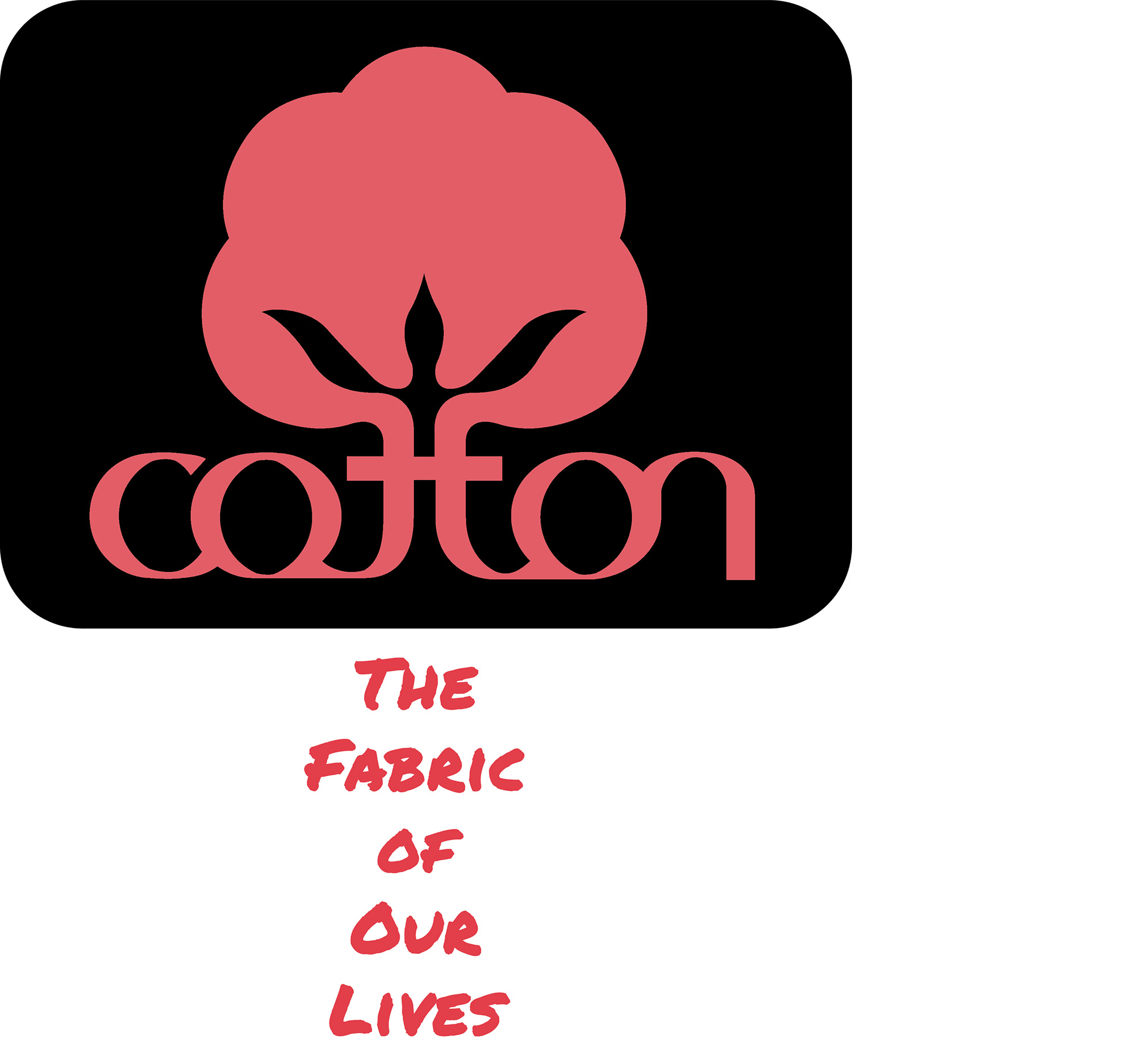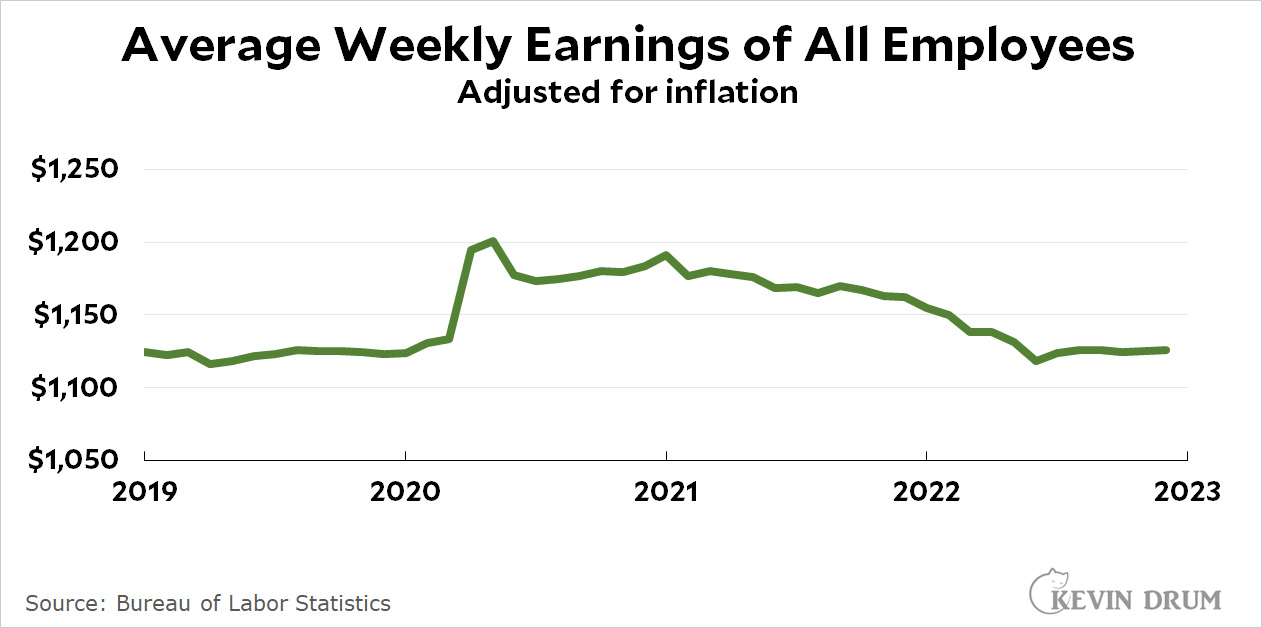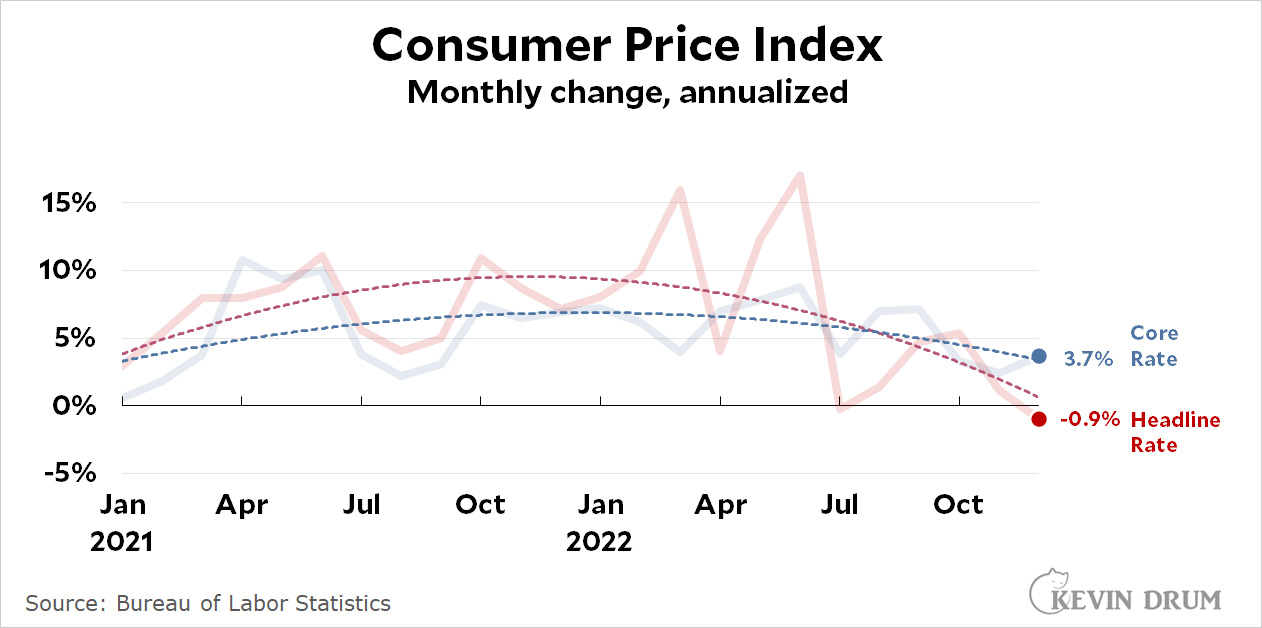From National Review's Jim Geraghty:
Apparently, the leadership of the University of Southern California’s Suzanne Dworak-Peck School of Social Work decided to “remove the term ‘field’ from our curriculum and practice and replace it with ‘practicum,’” declaring, “this change supports anti-racist social work practice by replacing language that would be considered anti-Black or anti-immigrant in favor of inclusive language.”
....Talk about a policy that is out in left fie-, er, I mean, out in left practicum....But maybe decisions like this are necessary so that all students have a level playing fie-, er, practicum.
Yeah yeah. But I can hardly blame Geraghty for his little joke. He couldn't have written it if we weren't doing stupid stuff like deciding that "phrases such as going into the field or field work may have connotations for descendants of slavery and immigrant workers that are not benign."
If field has painful "connotations" for descendants of slavery and immigrant workers, then so do:
This list could go on forever. But guess what? We're not the only ones who do this. Rep. Virginia Foxx, Republican of North Carolina, has renamed the Committee on Education and Labor to the Committee on Education and the Workforce:
Why does that matter?
“Labor” is an antiquated term that excludes individuals who contribute to the American workforce but aren’t classified as conventional employees. “Labor” also carries a negative connotation that ignores the dignity of work; the term is something out of a Marxist textbook that fails to capture the accomplishments of the full spectrum of the American workforce.
....Language matters. Using outdated terms like “labor” creates an overt bias towards union bosses while widening fissures created by Big Labor between workers and employers.
There are those connotations again! Foxx must have lab-, er, thought hard to come up with this. But I don't have time to belab-, er, make a big thing of it right now. A friend just called and needs a ride to the hospital. She was watching Love's Lab-, er, Efforts Lost when she suddenly started lab-, er, having contractions.
I wish we could knock this off. There are a small number of words that really ought to be either avoided or banned altogether in polite society. But it's hard to make the case when we've already made laughingstocks of ourselves by pretending that words like field and labor are insults to various categories of people. Can we please get hold of ourselves?






